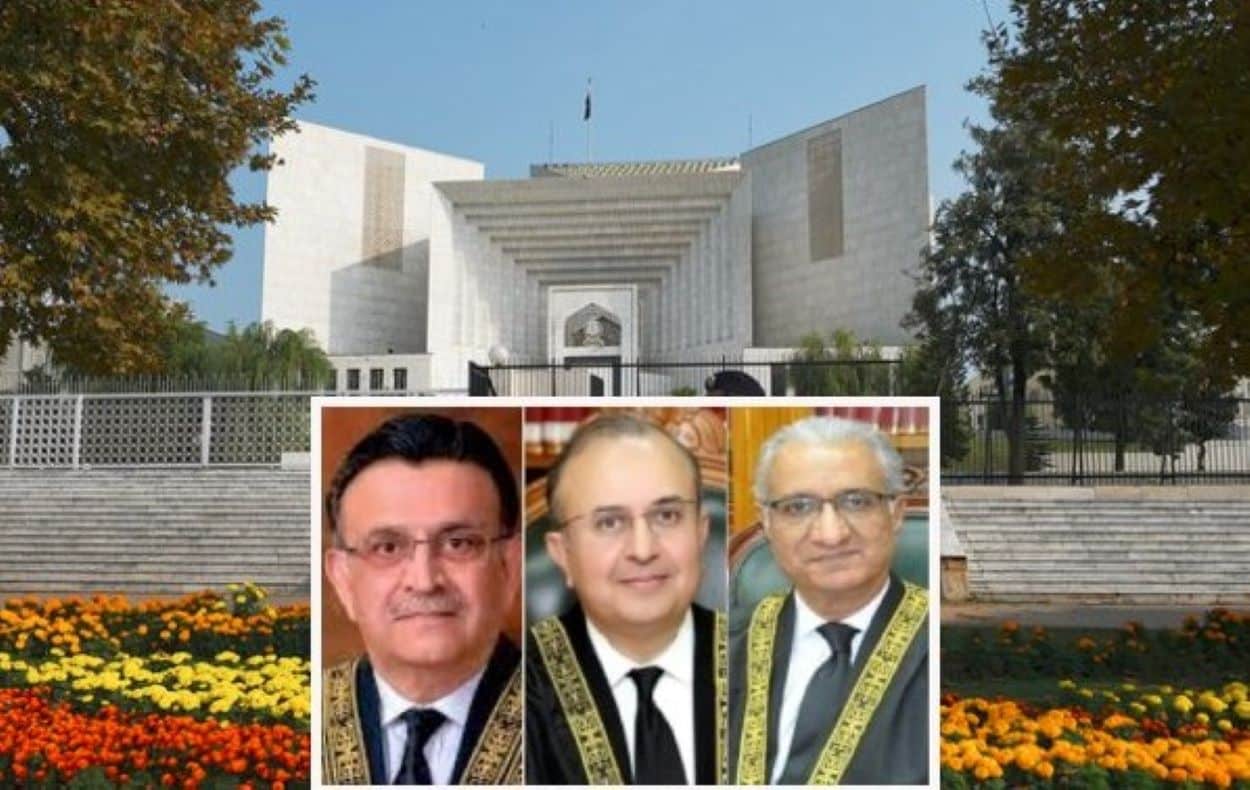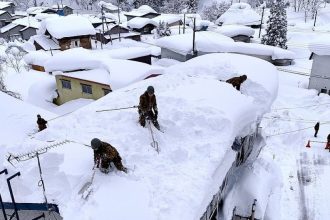In a significant legal development, a three-member bench of the Supreme Court, led by Chief Justice Umar Ata Bandial, approved PTI Chief Imran Khan’s petition challenging the amendments made to Pakistan’s accountability laws by the previous PDM-led government. The bench, also consisting of Justices Mansoor Ali Shah and Ijazul Ahsan, delivered a majority verdict of 2-1 in favour of reversing several amendments made to the National Accountability Ordinance of 1999. After conducting over 50 hearings, the judgement was reserved on September 5th, with the promise of a “short and sweet verdict” before the retirement of CJP Bandial on September 16th.
This verdict holds considerable repercussions as it restores numerous graft cases against notable political leaders and public office holders, which were previously closed due to the amendments. Furthermore, the court directed the National Accountability Bureau (NAB) to return all relevant case records to the respective courts within a week. The ruling emphasized that the questioned NAB amendments negatively impacted the public rights outlined in the Constitution, setting the stage for potential legal battles against several political bigwigs in the country.
Implications of the Verdict and Dissenting Views
The nullified amendments had brought substantial changes to the NAB’s operational framework, including the reduction of the term limits for the NAB chairman and the bureau’s prosecutor general, as well as the exclusion of all regulatory bodies in the country from the NAB’s jurisdiction. Additionally, the amendments had established a three-year term for accountability court judges and mandated case resolutions within one year.
Justice Mansoor Ali Shah, however, issued a dissenting note regarding the case. Imran Khan had initially approached the apex court with the plea to overturn these amendments on the grounds of their unconstitutionality. He asserted that several sections of the NAB law contravened various articles of the Constitution, hence should be declared null and void. Responding to this, a special bench was constituted on July 15, 2022, which began hearings four days later following an application filed by Khan’s lawyer, Khawaja Haris, against the NAB amendments, thereby involving both the federation and the NAB as parties in the petition.






